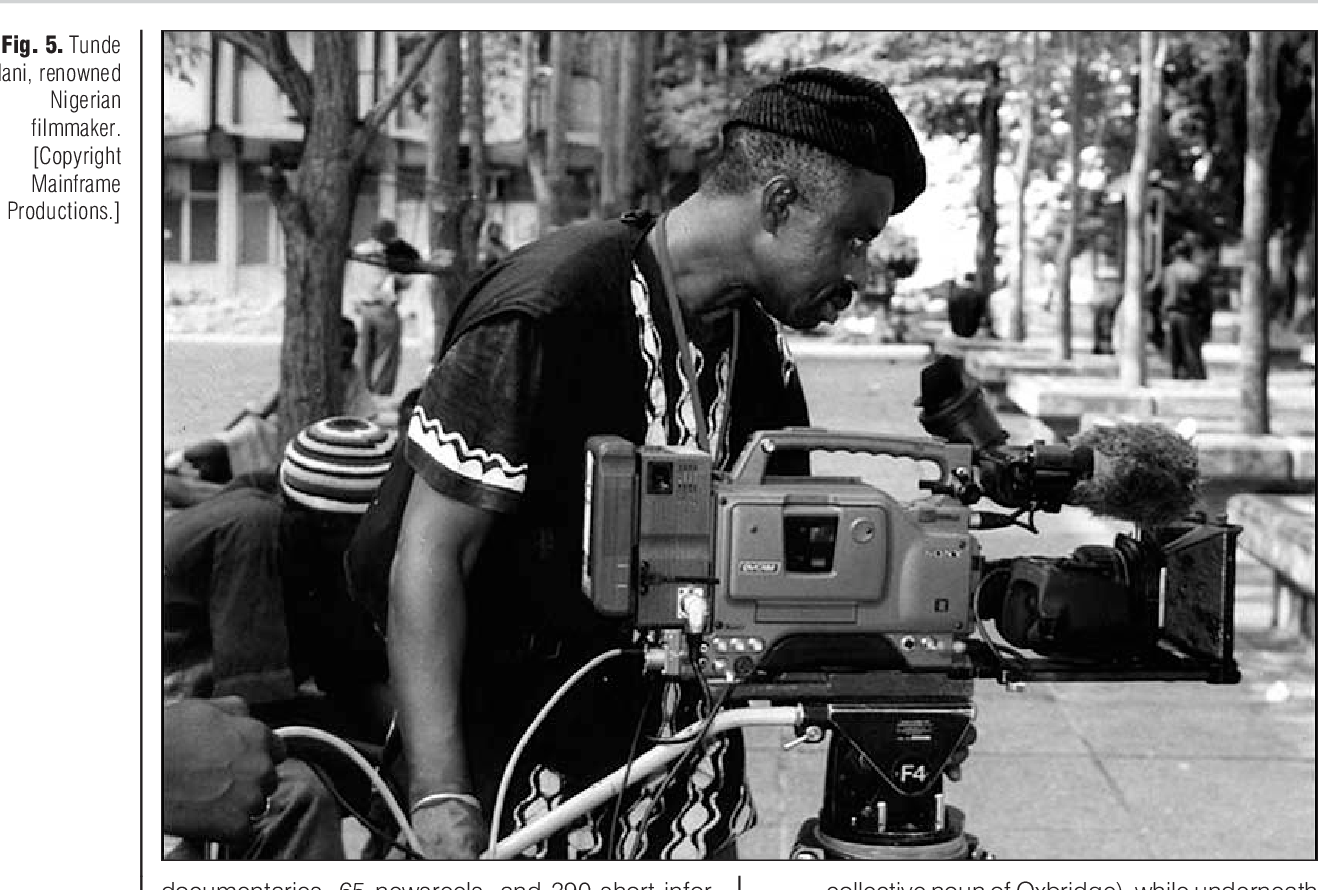The Evolution And Future Of Nigeria's Film Industry
The future of the Nigerian film industry, Nollywood, is poised for remarkable growth and transformation, with the potential to become a global cinematic powerhouse. To understand where Nollywood is headed, it is essential to reflect on its origins, current state, and the trajectory it is following.
By Asteroid Media
The 1992 release of Kenneth Nnebue’s Living in Bondage signaled a sea change in African cinema and launched Nollywood’s career in the early 1990s. VHS cassettes, which were widely available at the time because of unsold inventory in Nigeria, were used to disseminate this film. The choice to distribute films on VHS democratized the viewing of movies and made Nollywood more widely known in Nigeria and beyond Africa.
Nollywood films have always been characterized by their accessible narrative, low budgets, and attention to social concerns, traditional values, and ordinary Nigerian life. Early motion pictures were made fast—sometimes in a matter of weeks—in response to the increasing interest in African narratives. Nollywood has enormous popularity despite its lack of official film infrastructure and budgetary restraints. It was creating more movies than Hollywood at the beginning of the 2000s, making it the second-largest film industry in the world in terms of output.
Nollywood has changed significantly in the last several years. The development of streaming platforms, easier access to capital, and technological advancements have all contributed to a significant improvement in the industry’s production quality. Filmmakers are increasingly producing high-definition films with digital cameras, sophisticated editing software, and sound equipment, bringing them closer to Western cinematic standards.
One of the most critical factors in Nollywood’s modernization has been its integration into the global streaming market. Platforms like Netflix, Amazon Prime, and YouTube have given Nigerian filmmakers unprecedented access to international audiences. In 2018, Netflix acquired its first Nollywood film, Lionheart, directed by Genevieve Nnaji. The movie’s inclusion in the global streaming giant’s catalog signaled Nollywood’s growing influence beyond African borders.
These platforms not only amplify the reach of Nollywood films but also generate new revenue streams for filmmakers, reducing the industry’s reliance on DVD sales, which had been heavily impacted by piracy
In terms of the future, Nollywood has a very bright future. It is anticipated that more people worldwide would see Nollywood films as digital distribution keeps growing. More individuals, even in far-off places, will be able to view Nollywood movies thanks to the spread of mobile devices and internet connectivity throughout Africa and beyond.
Collaborations across countries are probably going to get stronger as Western studios and filmmakers realize how big the African market might be. The global need for African stories and aesthetics has been brought to light by the success of African diasporic content, like the successful film Black Panther. Nollywood is in a good position to benefit from this trend by producing genuine, African-centric stories that appeal to a wide range of viewers.
The Nigerian government and private investors are also starting to realize the economic possibilities of Nollywood. The government has recently launched financial schemes, tax breaks, and infrastructure development measures in an effort to support the creative sector. It is anticipated that these initiatives would support the industry’s expansion, generating employment and encouraging creativity.
Nollywood has a bright future ahead of it because to relationships throughout the globe, technical improvements, and an increasing demand for African storytelling. Nollywood has shown itself to be resilient and adaptable, having gone from modest beginnings in the VHS era to its current position as a significant film business. Nollywood is positioned to rule African cinema and leave a lasting impression on the entertainment industry as long as filmmakers remain innovative and embrace new distribution channels.
The industry’s ability to flourish further depends on how well it handles issues like professional development, infrastructure, and piracy. Nonetheless, Nollywood’s potential appears endless with the growing backing of the government and attention from around the world. Nollywood is prepared to deliver, and the world is watching.







